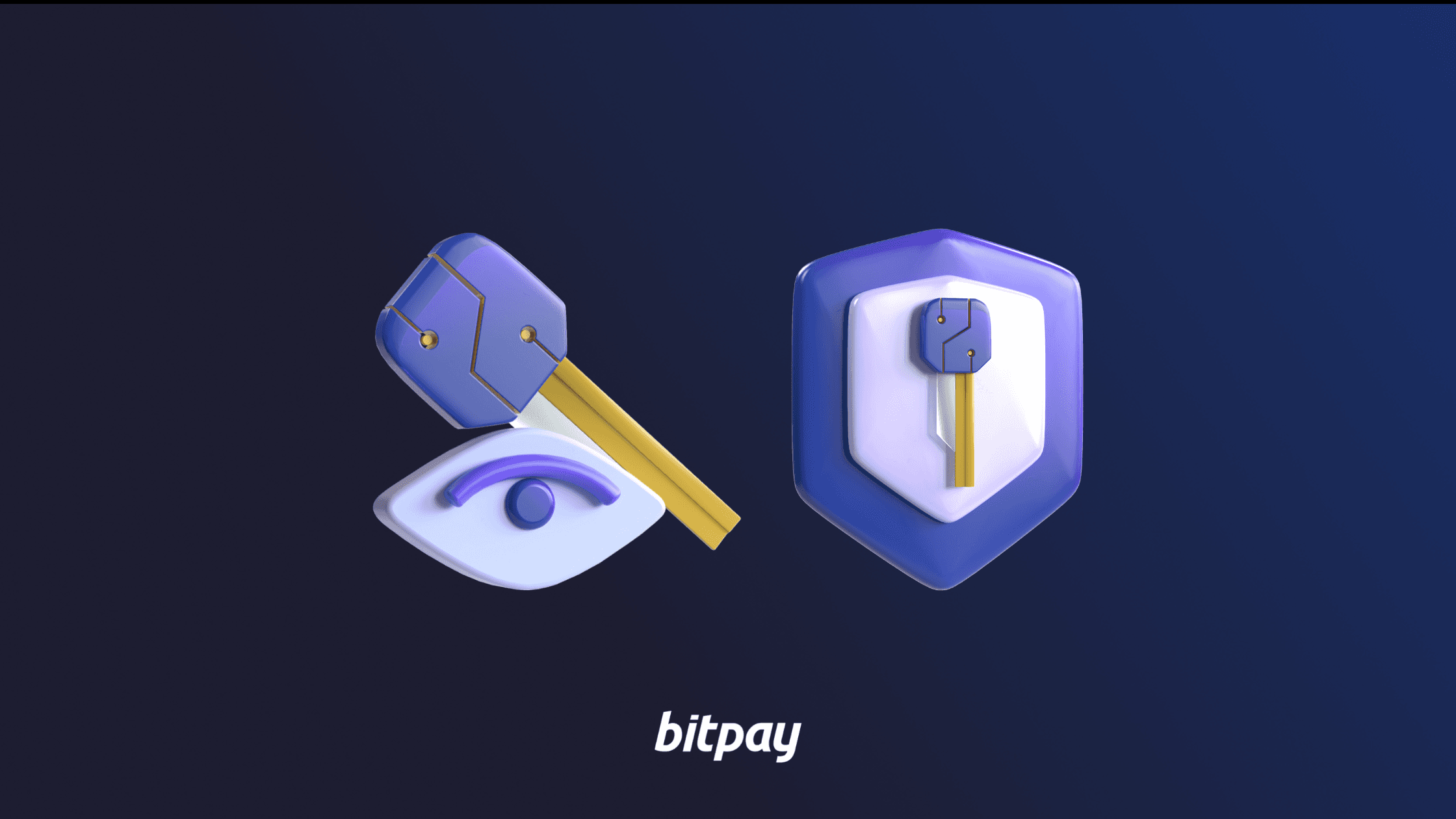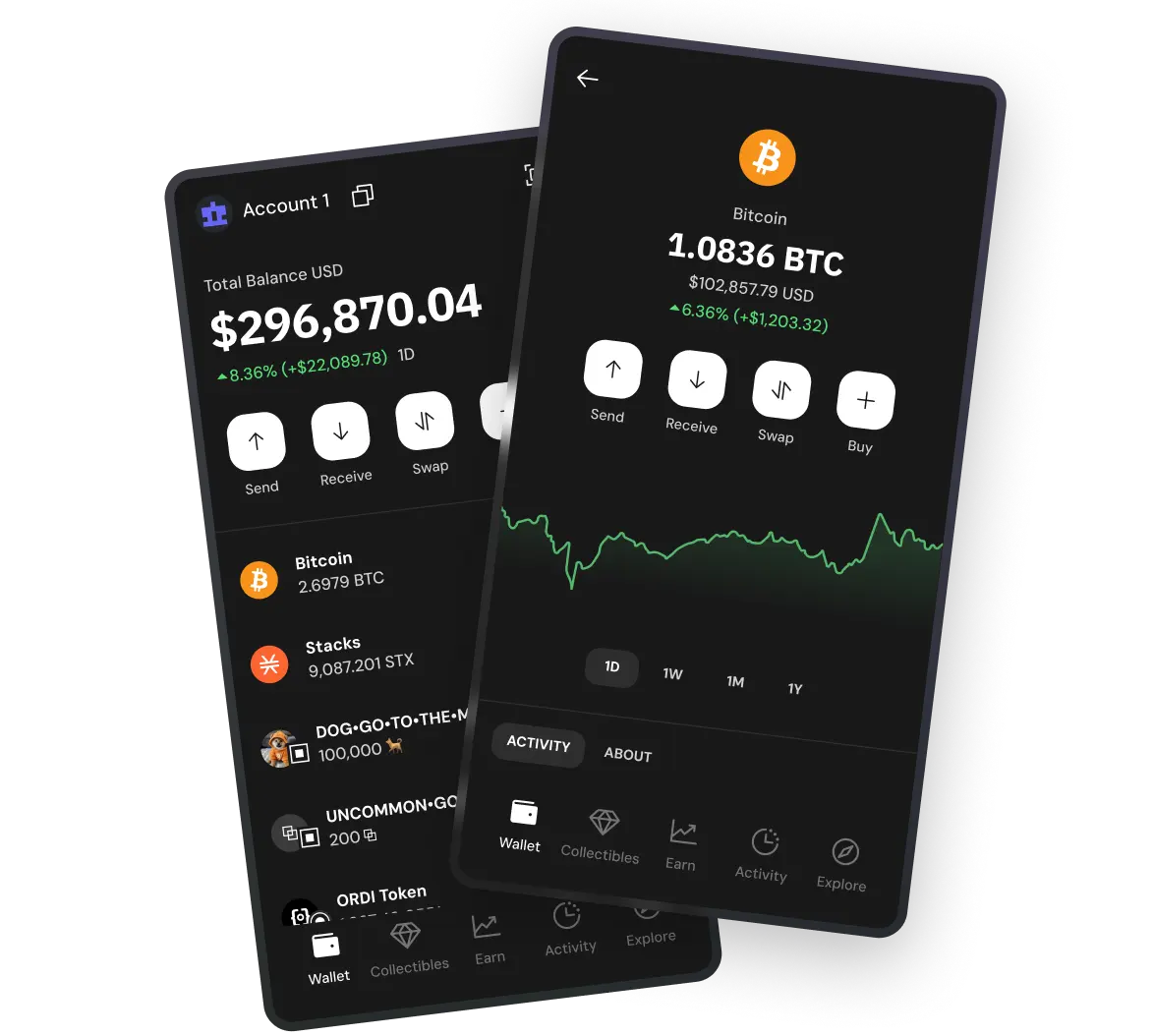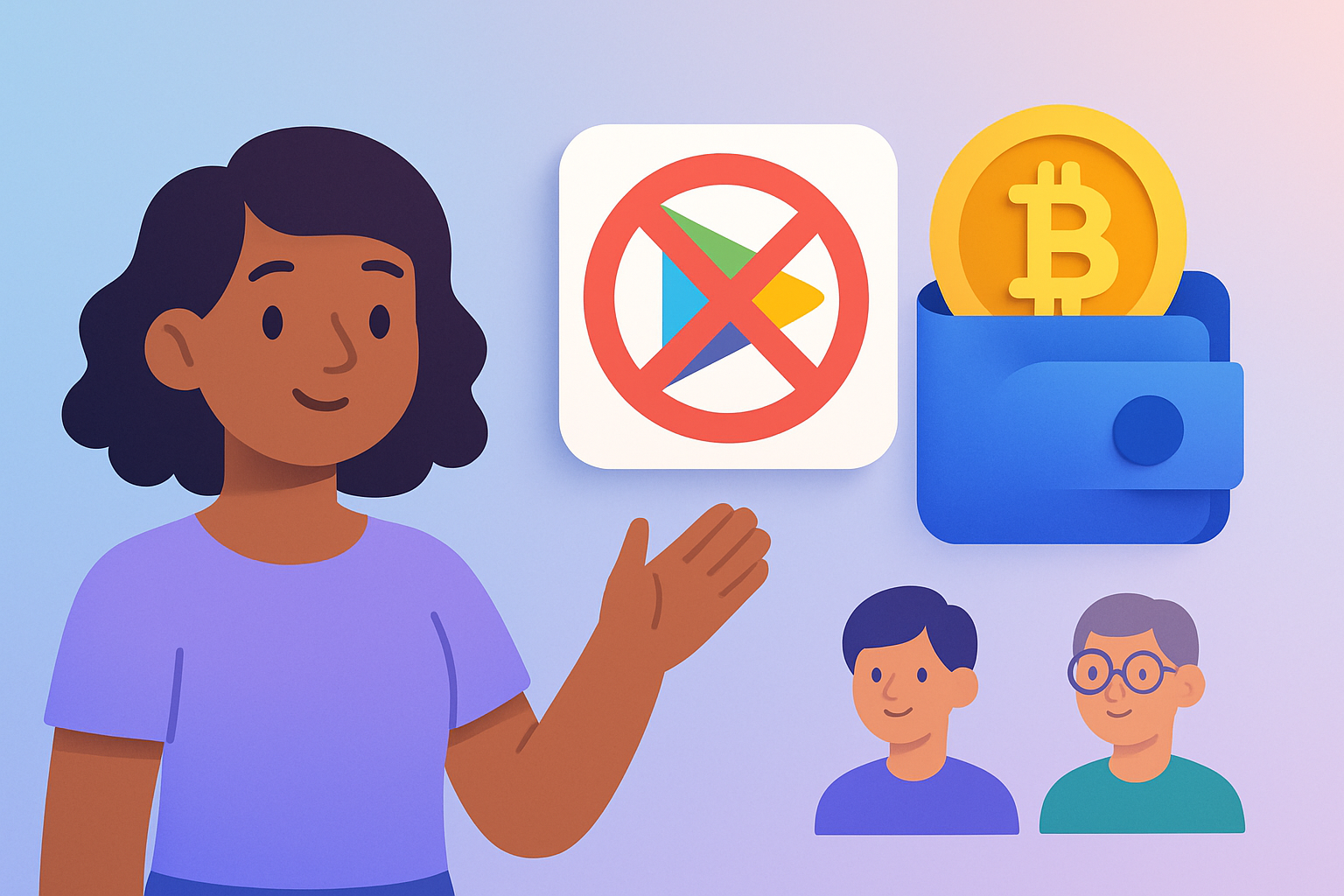Crypto users, brace yourselves: Google Play is shaking up the rules for crypto wallet apps. If you’re a new user just dipping your toes into digital assets or a seasoned trader who’s seen it all, these changes could impact how you store and access your coins, especially if you rely on custodial wallets. Let’s break down what’s happening, what stays the same, and how it affects your crypto journey in 2025.
![]()
Google Play’s New Crypto Wallet Policy: What’s Actually Changing?
Starting October 29,2025, Google Play will require all custodial crypto wallet apps to obtain government licenses before they can be published or updated in over 15 major jurisdictions, including the United States and European Union. If you’re using an app where the provider holds your private keys (think exchange-linked wallets), this affects you directly.
Here’s the kicker: non-custodial wallets are exempt. So if you use an app like MetaMask or Trust Wallet, where you control your private keys and funds, these new rules won’t touch you. Google clarified this after initial community panic, ensuring non-custodial options remain freely available on the Play Store with no extra compliance hoops to jump through. (financefeeds.com, decrypt.co)
The Fine Print: Who Needs a License (and Why)?
If an app has custody of users’ funds, even temporarily, it will need to show proof of licensing in each jurisdiction where it wants to operate. For U. S. -based apps, that means registering as a Money Services Business (MSB) with FinCEN or holding a state/federal banking charter. In Europe, developers need authorization as Crypto-Asset Service Providers (CASPs) under MiCA regulation.
This move isn’t just regulatory red tape; it’s about protecting consumers from scams and fly-by-night operators. But there’s a trade-off: some custodial wallet apps may disappear from Google Play if their developers can’t meet these requirements, or don’t want to deal with the paperwork.
What Does This Mean for Users Right Now?
If you’re currently using a custodial wallet app downloaded from Google Play, pay attention to updates from your provider over the next few months. Some apps might issue warnings or even shut down access if they can’t secure the right licenses by October 29,2025.
Key Differences: Custodial vs. Non-Custodial Crypto Wallets
-

Who Controls the Private Keys?Custodial wallets (like Coinbase Wallet or Binance Custody) hold your private keys for you, meaning the provider has access to your funds. In contrast, non-custodial wallets (such as MetaMask or Trust Wallet) let you control your private keys, giving you full ownership of your crypto.
-

Regulatory RequirementsCustodial wallets are now subject to strict licensing on Google Play in over 15 jurisdictions, including the US and EU. Non-custodial wallets remain exempt, so apps like MetaMask and Trust Wallet stay widely available without extra regulatory hurdles.
-

Security and RiskWith custodial wallets, your security depends on the provider’s safeguards. If the provider is hacked, your assets could be at risk. Non-custodial wallets put security in your hands—only you can access your funds, but you’re responsible for keeping your keys safe.
-

Recovery and SupportCustodial wallets often offer customer support and recovery options if you lose access. Non-custodial wallets do not—if you lose your private key or recovery phrase, your funds are gone for good.
-

Access and AvailabilityDue to new Google Play rules, some custodial wallet apps may become unavailable if they can’t meet licensing requirements. Non-custodial wallets, like Exodus and MetaMask, will remain accessible on the Play Store.
The good news? Non-custodial wallets are staying put, and for many users, that means more control and privacy anyway. But if you prefer the convenience of custodial solutions or need fiat onramps via exchanges, expect stricter onboarding processes and enhanced compliance checks moving forward.
Navigating Crypto Onboarding After Google Policy Changes
This policy shift will reshape how both newcomers and experienced holders approach crypto onboarding after Google policy updates. For new users especially, understanding whether an app is custodial or non-custodial, and what that means for your control over funds, is now more important than ever.
For the crypto-curious, onboarding just got a bit more nuanced. Custodial wallet apps, think those that let you reset your password or reclaim your coins if you lose access, will soon come with extra layers of verification. Expect to see more requests for identity checks, proof of address, and possibly even limits on how much you can deposit or withdraw until full compliance is verified. This could slow down the instant-access experience many users are used to, but it’s meant to weed out bad actors and keep user funds safer.
Seasoned crypto users who rely on custodial wallets for convenience or fiat ramps should start looking at their app’s compliance roadmap now. If your favorite app isn’t communicating about licensing, consider moving funds to a non-custodial wallet where you hold the keys, or at least have a backup plan in place before October 29,2025.
Crypto Wallet Security in 2025: Your Checklist
With the landscape shifting, wallet security habits matter more than ever. Here’s how you can stay ahead of the curve and safeguard your assets as new rules take effect:
Staying informed is half the battle. Check if your app provider has published a compliance statement or updated their FAQ (many are scrambling to reassure users right now). If you’re still unsure whether your wallet is custodial or non-custodial, look for clues: Can support recover your account? Are there withdrawal limits? These are telltale signs of a custodial setup.
What About Crypto Wallets Not on Google Play?
Don’t forget, Google Play’s policy only impacts apps distributed through its store. Many popular wallets offer direct APK downloads from official sites, though this comes with its own risks (malware and phishing abound outside official channels). If you go this route, double-check digital signatures and only download from trusted sources.
The Bottom Line: Adaptation Is Key
The Google Play crypto wallet ban on unlicensed custodial apps will make crypto onboarding less frictionless for some, but it’s also an overdue step toward maturing the ecosystem. Non-custodial wallets remain open to all, giving users ultimate control if they’re willing to take responsibility for their keys. For those who prefer convenience and customer support, expect higher standards, and maybe fewer options, on Google Play going forward.
If you’re feeling overwhelmed by these changes, remember: every major shift in crypto brings both challenges and opportunities. Use this moment as a chance to review your setup and level up your self-custody game, or at least get familiar with what compliance means for your favorite apps.
The trend is your friend, until it ends. Stay curious and stay secure!

